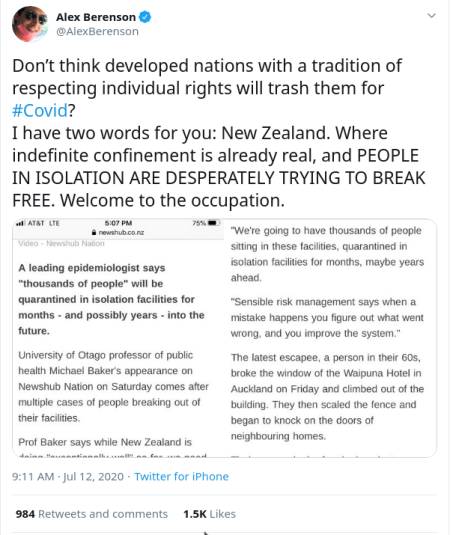Kia ora e hoa
It’s getting difficult to remember when it was “normal” around here. I’m not referring to COVID-19. That returned to normal many weeks ago. In fact lockdown and its precautions are definitely a fading memory
No, the normal I’m referring to is the one we had prior to the commencement of bathroom renovations. Today marks the start of the fourth week of a major makeover of the upper floor toilet and bathroom including expansion into the roof cavity and the installation of a skylight, converting part of the roof cavity into a walk in wardrobe for the adjacent bedroom, the installation of a solar light tube to brighten up a dark corner of the dining room, the removal of two woodburners at opposite ends of the main floor that are too expensive to run and maintain, and the renovation of the toilet on the main floor.
Apart from weekends, the place has been a hive of activity with chippies, sparkies, plumbers and others constantly traversing between the basement garage and the upper floor via the main floor. Part of the basement has been taken over by storage of bathroom fixtures and part as a temporary workshop where larger equipment such as circular saws, framing jigs and whatnot have been set up. This way, most work can be carried out regardless of the weather.
The problem with this arrangement is that the garage doors and every door between the garage and the bathroom seem to be open more often than not. To make matters worse, for much of the last three weeks, the renovation area has been open to the uninsulated roof space. It’s the middle of winter here, and the stairwell extending over the three floors has been acting as a funnel drawing all the heat generated on the main floor up to the top floor and out into the roof space. In the process it draws cold air from the basement and distributes it across the main floor.
The airflow from basement to roof space has been exacerbated over the past ten days by strong easterly winds that rush through the open garage doors and create a hurricane-like gale up the stairwell. I’ve taken to switching off the heatpump when the first of the workers arrives at around 7:30 in the morning and not turning it back on until the last of them leaves when it starts to get dark at around 5:00 as its heat output, even on maximum is miniscule compared to the draught up the stairwell. Effectively, all the heat generated was being transferred outside. Let’s just say it’s been decidedly chilly over the last few weeks.
Thankfully the builders have almost finished their work on the upper floor bathroom/toilet renovation – The only major task remaining is the installation of the skylight. Weather permitting, that should all be done by tommorrow. After that, it should be much quieter for a while as the plumbers, sparkies, floorers and such finish off their work.
It never occurred to me to take some “before” photos of the project, so although I have captured a few at major milestones since, you’re all spared a series of photo blogs of “work in progress”. I’ve also realised that the phone camera is not up to the task of recording the work. Bathrooms are relatively small and unless the camera has a wide angle mode, which mine doesn’t, it’s not possible to capture more than a small section of wall/floor/ceiling at a time. I suppose it might be possible to use panorama mode to create a better field of view, but it’s not something I’ve experimented with. Perhaps a video clip that pans around the room might be another option.
My home office is almost directly below the upper floor bathroom and at this point in time the noise is becoming decidedly unpleasant. I’m not sure what they’re doing, but the sound that is emanating from above reminds me very much of a dentist’s drill. So I think it’s time to withdraw and find a quite corner in which to hole up. So for now, ka kite anō.





















You must be logged in to post a comment.